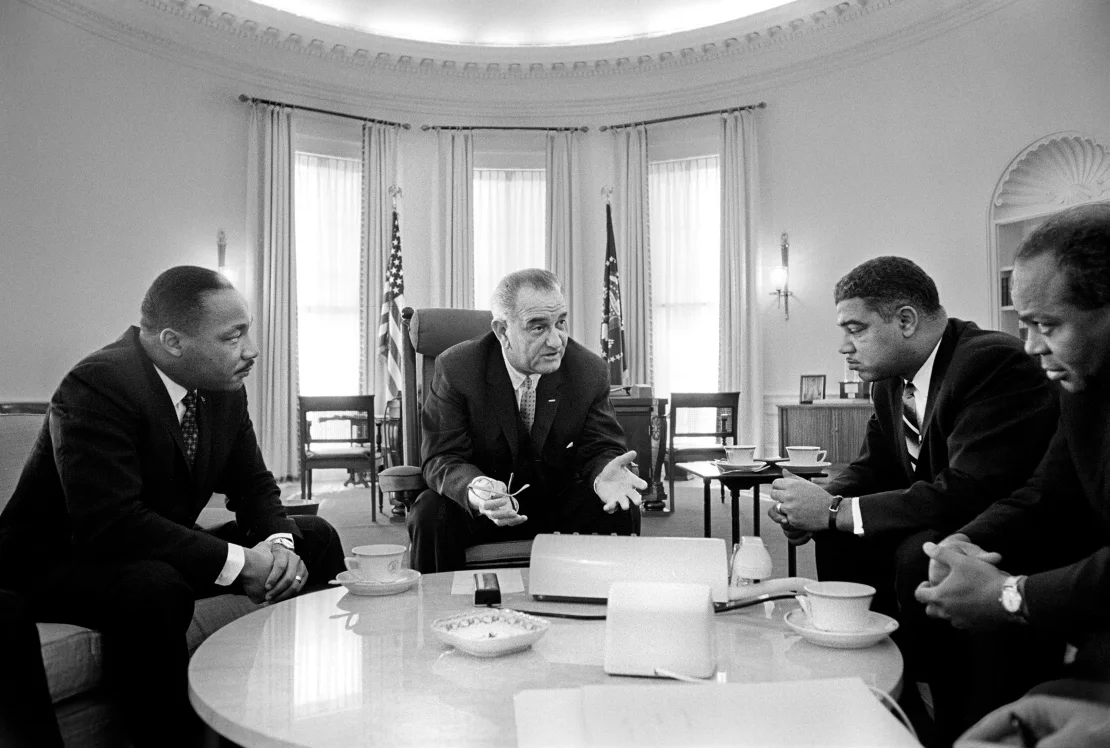Introduction
Dr. Martin Luther King Jr.’s legacy resonates as one of unity, peaceful resistance, and unwavering hope for systemic change. However, many argue that today’s progressive movements have shifted away from his core principles, prioritizing divisive rhetoric over collective action.
MLK’s Strategy of Nonviolence
Dr. King championed nonviolent civil disobedience, drawing inspiration from Mahatma Gandhi. His approach emphasized the moral high ground, believing that peaceful protests could win hearts and minds. This method brought tangible victories like the Civil Rights Act of 1964 and the Voting Rights Act of 1965.
In contrast, today’s progressive movements often lean on cancel culture and outrage-driven tactics. While these methods may amplify voices quickly, they can alienate potential allies, creating deeper societal divides.
A Vision of Inclusion
King’s dream was deeply rooted in inclusivity. He envisioned a society where individuals are judged “not by the color of their skin but by the content of their character.” However, some modern activists focus heavily on identity politics, which risks fragmenting movements along racial, gender, and ideological lines.
This shift can overshadow the broader goals of equity and justice. Critics argue that a return to King’s vision of universal equality could unite diverse communities under common goals.
Economic Justice as a Core Pillar
King recognized that racial justice was inseparable from economic justice. He launched the Poor People’s Campaign in 1968, advocating for living wages, affordable housing, and universal healthcare. Today’s progressives often highlight similar issues, but the execution can feel fragmented and partisan, weakening the broader message.
By revisiting King’s coalition-building strategies, progressives might find ways to mobilize broader support for economic reforms.











